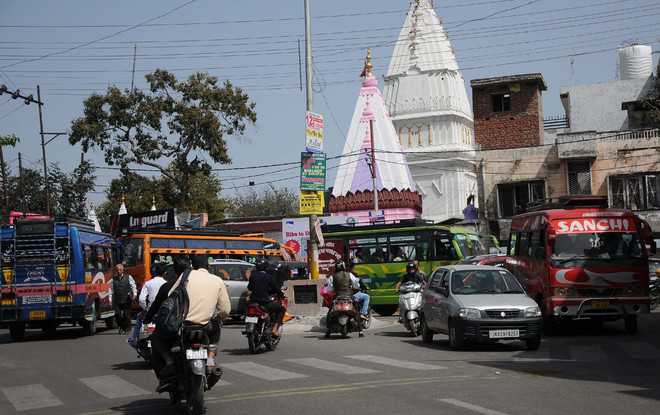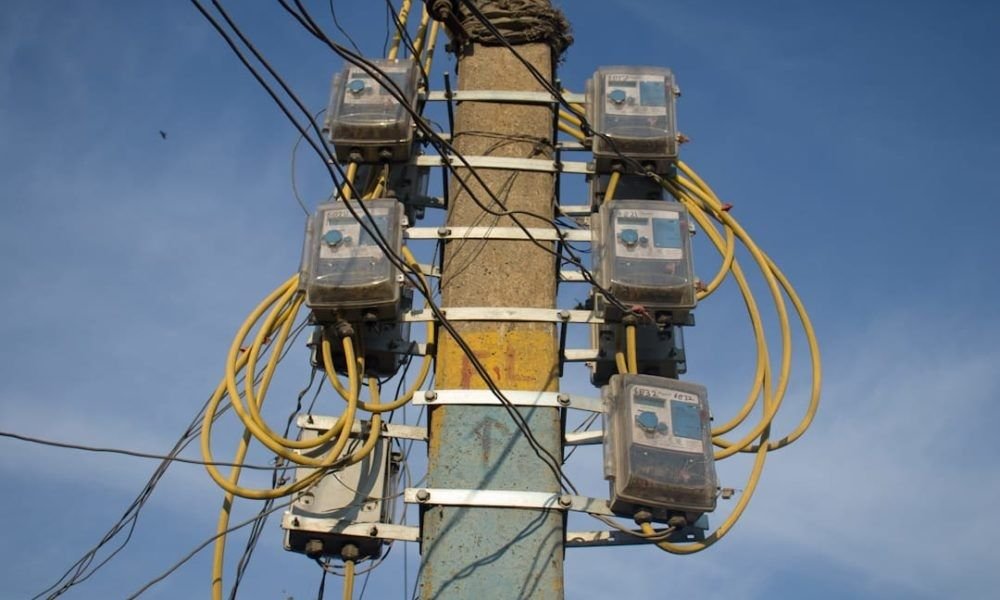Panjtirthi, a culturally rich locality nestled in the heart of Jammu city, is steeped in spiritual significance. The name “Panjtirthi” itself is derived from two words—Panj meaning five, and Tirthi meaning holy shrines or pilgrimage sites. The area earned this sacred title during the reign of Maharaja Pratap Singh, owing to the presence of five ancient and revered temples located within its bounds.
In this article, we uncover the spiritual essence of Panjtirthi and explore the five temples that bestowed the area with its divine name and heritage.
The Spiritual Meaning Behind Panjtirthi
Panjtirthi isn’t just a name—it represents a deep-rooted history of devotion, spirituality, and royal patronage. During Maharaja Pratap Singh’s rule, this area became notable for housing five tirthas or sacred places, making it a center for religious activity and spiritual gatherings.
1. Sardaron Ka Mandir (Now a Gurdwara)
Located opposite the Radio Station, Sardaron Ka Mandir is originally a temple but now functions as a Gurdwara, reflecting the region’s harmonious coexistence of faiths. It continues to be a peaceful site for Sikh worship and spiritual reflection.
2. Radha Krishan Temple
Situated opposite the Police Station, this temple is dedicated to Lord Krishna and Radha, symbolizing divine love and devotion. It serves as a central place of worship for devotees and adds to the rich religious tapestry of Panjtirthi.
Read also: OLD NAME OF JAMMU: FROM JAMBUPURA TO THE CITY OF TEMPLES
3. Satya Narayan Temple
This temple holds immense spiritual value and is visited by locals who perform Satya Narayan Vrat for blessings and prosperity. Its serene environment draws worshippers seeking divine grace and fulfillment.
4. Batmalu Temple
Located near the entrance of Chowgan Slathia, Batmalu Temple is lesser-known but deeply rooted in local faith. It adds to the spiritual diversity of Panjtirthi, symbolizing the continuity of ancient customs.
5. Dau Temple – Legacy of Maharaja Gulab Singh
Perhaps the most historically significant of all, the Dau Temple is located on the banks of the River Tawi, just below the newly constructed multi-storey parking. Built by Maharaja Gulab Singh, this temple is dedicated to Lord Balram, the elder brother of Lord Krishna.
The temple derives its name from the affectionate term ‘Dau’, which Lord Krishna used to address Balram. Today, it stands as a prominent religious landmark and is maintained by the Dharamarth Trust.
Panjtirthi is more than a geographic location—it’s a spiritual legacy. Its five ancient temples make it a powerful symbol of Jammu’s religious history and royal heritage. From the banks of River Tawi to the heart of the city, each temple continues to attract devotees and historians alike.
Whether you’re a pilgrim, a culture enthusiast, or a curious traveler, Panjtirthi’s Five Tirthas offer a timeless glimpse into the spiritual soul of Jammu.
















